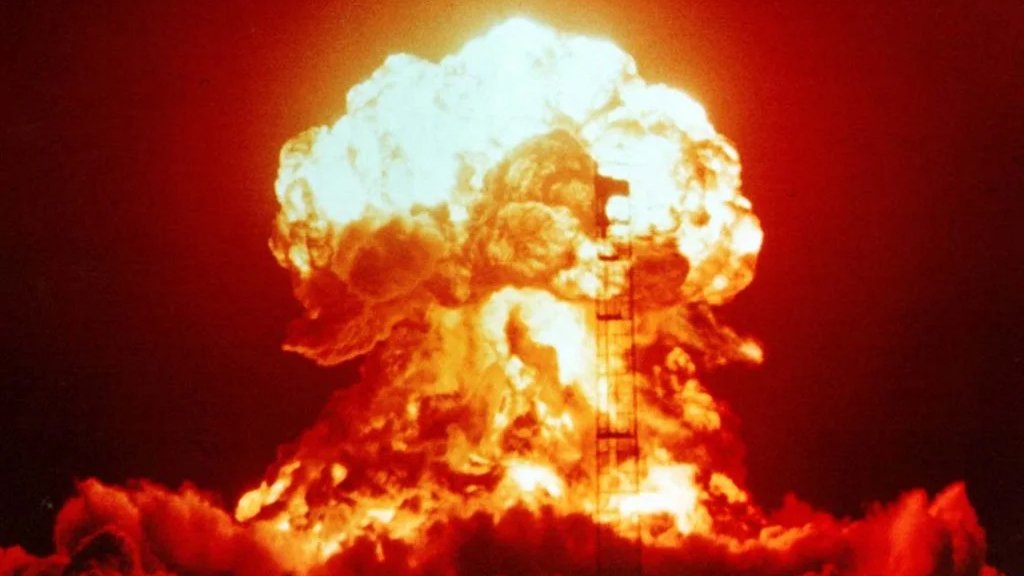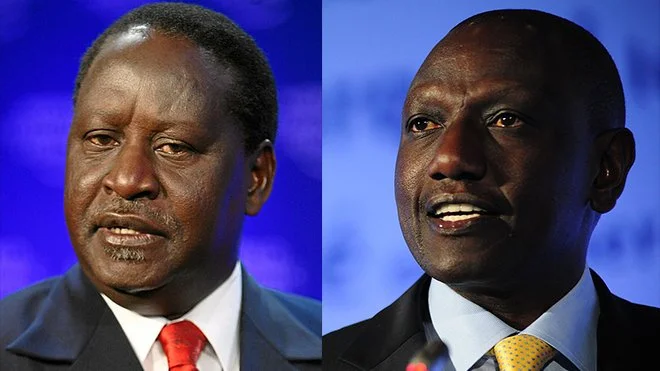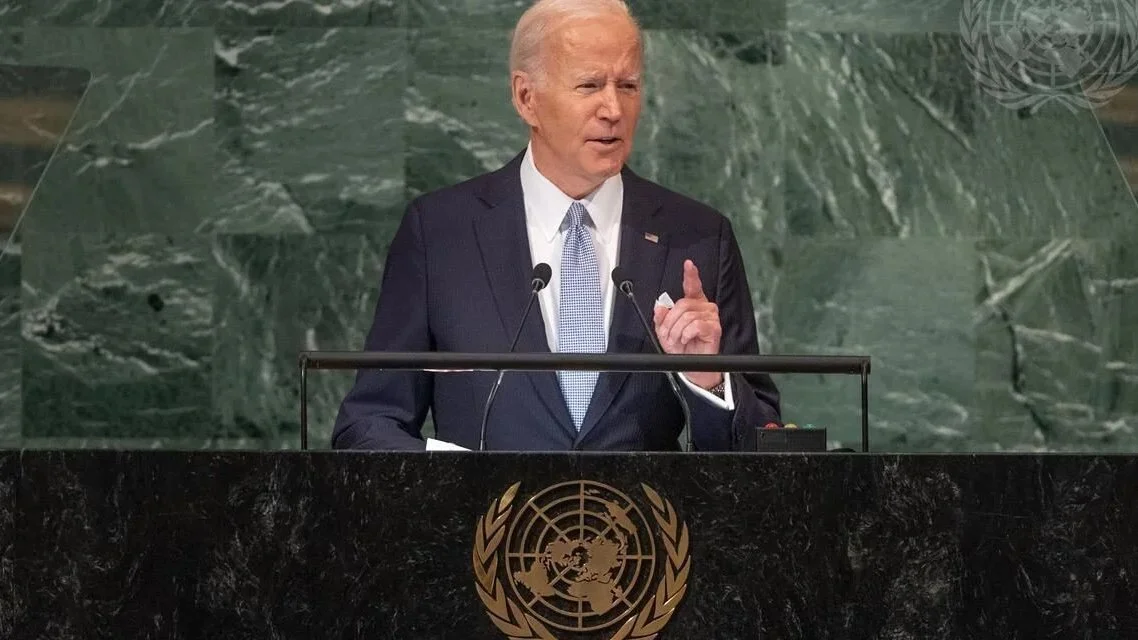global dispatches
editor/engineer
If Putin Goes Nuclear, How Should the United States Respond?
These are perilous moments in the conflict in Ukraine. In response to the Ukrainian military’s stunning gains in recent weeks, Putin is escalating. He has enacted a military mobilization within Russia and is once again threatening the use of nuclear weapons.
How seriously should we take these nuclear threats? In what scenarios and circumstances might Putin actually use a nuclear weapon. And how should the Biden administration and NATO respond if, indeed, Putin goes nuclear? We put these questions and more to Jon Wolfsthal a longtime nuclear policy professional and aid to then Vice President Joe Biden who currently serves as senior advisor to Global Zero and as a board member for Bulletin of the Atomic Scientists.
Iran is in the midst of the most significant protest movement in years — and it is being lead by women and girls.
The spark that ignited this movement was the murder of 22 year old Mahsa Amini, who had been arrested by Iran’s morality police for improperly wearing her headscarf. She died in their custody.
Protests erupted throughout the country, with women and school aged girls audaciously flaunting laws around dress codes. It is a feminist lead uprising against the ultra-conservative government lead by Ebrahim Raisi and, as some argue, against the Islamic revolutionary system that has governed Iran since 1979.
In this episode, we are joined by Negar Mortazavi, an Iranian-American journalist and commentator and host of the Iran Podcast. We discuss how these protests started and then spread to become an intersectional movement. We then have a in-depth conversation about the Iranian government’s response and what may come next.
Why is China Suddenly Expanding its Nuclear Arsenal?
China first tested a nuclear weapon in 1964. And since then, Chinese authorites have been content with a relatively small nuclear arsenal.
That was, until very recently. There is now mounting evidence that China is substantially expanding its nuclear capabilities.
In this episode, we speak with Tong Zhou, Senior Fellow at the Carnegie Endowment for International Peace and a Visiting Researcher at Princeton University’s Program on Science and Global Security, to explain what is driving Chinese nuclear strategy.
The Big Problem With “Great Power Competition” | Ali Wyne
In this episode, we are joined by Ali Wyne, senior analyst with Eurasia Group’s Global Macro-Geopolitics practice, focusing on US-China relations and great-power competition, and author of the new book “America’s Great-Power Opportunity: Revitalizing U.S. Foreign Policy to Meet the Challenges of Strategic Competition,” which is generating a great deal of buzz in foreign policy circles.
Ali Wyne offers a critique of using competition with China and Russia as an organizing principle for US foreign policy. Great power competition, Ali Wyne argues, is inherently reactive and should not be the blueprint that drives US strategy. Rather, in an era of a resurgent China and revanchist Russia, the US can leverage certain comparative advantages it has to pursue a pro-active and forward looking agenda on the world stage.
Kenya's High Stakes Presidential Elections
Kenyans will go to the polls on August 9th to elect a new president. The current president, Uhuru Kenyatta, is term limited from seeking re-election and the two main candidates are both very familiar figures in Kenyan politics.
William Ruto is currently the Deputy to President Kenyatta. But the two men had a falling out and now President Kenyatta is backing Ruto's main rival, Raila Odinga. For his part, this is Odinga's fifth time running for president.
Kenya has a recent history of highly competitive elections that are sometimes accompanied by violence. Disputed elections in 2007 lead to over 1,000 people killed and hundreds of thousands displaced from their homes.
In this episode we are joined by Caroline Kimeu, East Africa Correspondent for The Guardian to help make sense of all this political intrigue and explain the significance of these elections is.
Somalia is on the Brink of Famine
United Nations officials have issued fresh warnings that parts of Somalia are on the verge of famine. More than 7 million people — half the country — are in need of food assistance and if present trends continue, famine could hit Somalia by October.
In this episode, we are joined by Tjada McKenna, CEO of Mercy Corps, a large international humanitarian organization with operations in Somalia. She recently visited the country to witness this unfolding crisis first hand. We kick off discussing what she saw on her trip, before having a broader conversation about the causes and consequences of this food crisis. We also discuss what can be done to avert a full blown famine from taking hold in Somalia in the near future.
Global Dispatches: live from Unga 2022 series
editor/engineer
The annual opening of the United Nations General Assembly is a key moment on the diplomatic calendar. Hundreds of world leaders head to New York to address the General Assembly and participate in various meetings and events around the city. Each day this week, in partnership with the United Nations Foundation, the Global Dispatches Podcast will bring you the key highlights from the 77th United Nations General Assembly.
Our special series kicks off with an UNGA77 curtain raiser from Elizabeth Cousens, President and CEO of the United Nations Foundation. Elizabeth Cousens is a veteran of many United Nations General Assemblies and she explains the key stories, events, moments and leaders’ speeches she will be following during High Level Week.
Next we hear from Thaís Queiroz, Youth Representative for the World Organization of the Scout Movement and United Nations Foundation Next Generation Fellow. She participated in the Transforming Eduction Summit convened by UN Secretary-General António Guterres, which was a major meeting of heads of state and civil society leaders focused on improving education access and outcomes.
Live from the UN General Assembly: Food Security in Focus | The Global Refugee Crisis (UNGA Day 2)
A key focus of events at the United Nations and around New York this week is on food security and food access. On Tuesday, world leaders held a major Food Security Summit to combat soaring food prices and food insecurity around the world. This is the topic of our first segment today, featuring Rob Vos, director for Markets, Trade and Institutions at the International Food Policy Research Institute.
In the second segment, I speak with the Assistant High Commissioner for Operations at the UN Refugee Agency, Raouf Mazou about how refugee issues are being addressed at UNGA this year.
Today’s episode was recorded on Wednesday, September 21 and under normal circumstances the President of the United States, as host of the UN, would have addressed the General Assembly yesterday. But because of the Queen’s funeral in London at the start of the week, the United States traded speaking slots with Senegal. Meaning today was the day of President Biden’s much anticipated address to the General Assembly.
Shortly after President Biden’s speech concluded, we spoke with Richard Gowan, the UN Director of the International Crisis Group and Anjali Dayal professor of International Relations at Fordham University and Senior Scholar in residence at the US Institute of Peace. We kick off discussing highlights from Biden’s address before turning to other key speeches and events driving the diplomatic agenda at UNGA this week.
Next, we speak with Kate Dodson, Vice President for Global Health at the United Nations Foundation. She had just come from a key meeting on Pandemic preparedness and response, which we discuss.
One of the key events during UN High Level Week in the New York is a major fundraiser for the Global Fund to Fight AIDS, Tuberculosis and Malaria, hosted by President Biden. This is the topic of our first segment with Francoise Vanni, the Global Fund’s Director of External Relations and Communications.
Our second segment features an interview with Susan Ruffo, Senior Advisor for Oceans and Climate at the United Nations Foundation who discusses a meeting of foreign ministers and civil society leaders focused on the clean energy transition.
This episode also leads off with a discussion about a unique meeting of the Security Council about war crimes and crimes against humanity in Ukraine.










